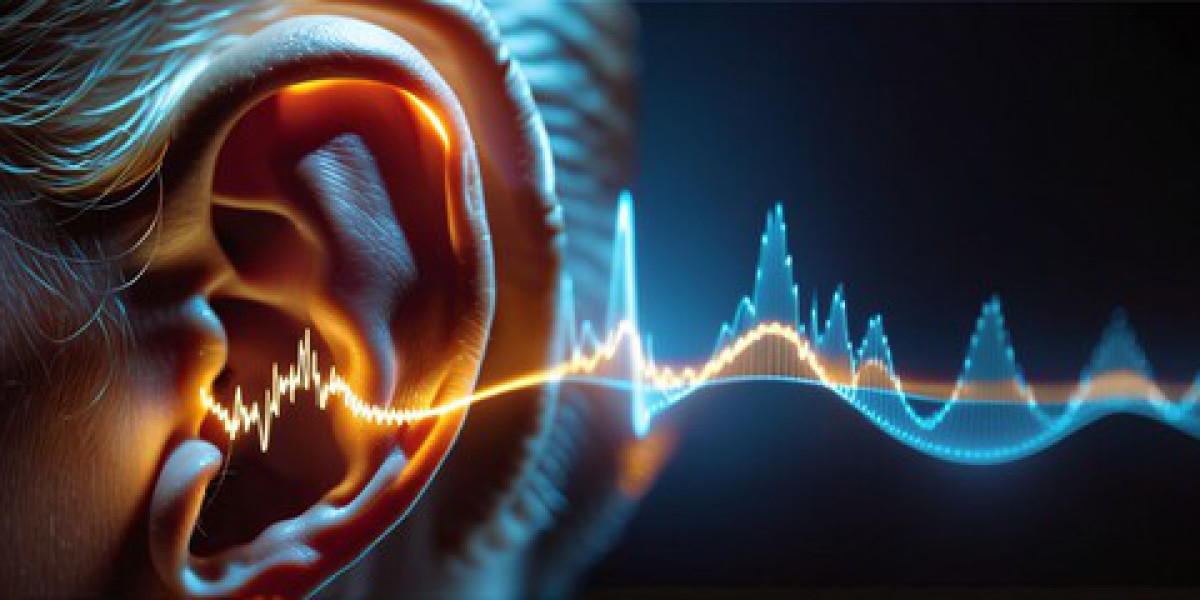Heart disease and hearing loss might seem unrelated, but research suggests a significant link between cardiovascular health and auditory function. Both conditions are prevalent, especially among older adults, making it crucial to understand how they intersect. This article explores the con
Understanding Heart Disease and Hearing Loss
What Is Heart Disease?
Heart disease refers to a range of conditions affecting the heart and blood vessels, including coronary artery disease, arrhythmias, and heart failure. These conditions often lead to reduced blood flow throughout the body.
What Is Hearing Loss?
Hearing loss involves a reduction in the ability to perceive sounds, which may occur due to age, noise exposure, or other health factors. It can range from mild to severe and significantly impact quality of life.
How Are Heart Disease and Hearing Loss Connected?
The connection lies in the body’s circulatory system. Here’s how cardiovascular health impacts hearing:
1. Reduced Blood Flow to the Inner Ear
The inner ear contains tiny hair cells responsible for converting sound waves into electrical signals for the brain to process. These cells rely on a rich supply of oxygenated blood to function. Poor cardiovascular health can reduce blood flow, damaging these cells and leading to hearing loss.
2. Shared Risk Factors
Heart disease and hearing loss share many risk factors, including:
- Hypertension: High blood pressure can damage blood vessels, including those in the ear.
- Diabetes: A condition that affects both cardiovascular health and auditory function.
- High Cholesterol: Contributes to plaque buildup in blood vessels, potentially reducing blood flow to the ear.
- Smoking: Harms blood vessels and increases the risk of both heart disease and hearing loss.
3. Inflammation and Oxidative Stress
Chronic inflammation and oxidative stress, common in heart disease, can also harm the delicate structures of the inner ear.
Evidence Supporting the Link
1. Studies and Research
Numerous studies suggest a strong correlation between cardiovascular health and hearing ability. For example:
- Research published in the American Journal of Audiology found that individuals with heart disease are more likely to experience hearing loss.
- A study in the Journal of the American Geriatrics Society reported that older adults with heart disease had poorer hearing compared to those without cardiovascular conditions.
2. Hearing Loss as a Warning Sign
In some cases, hearing loss may be an early indicator of cardiovascular issues. Subtle changes in auditory function can signal reduced blood flow or vascular problems.
Preventing Heart Disease and Hearing Loss
Good overall health is key to preventing both heart disease and hearing loss. Here are some actionable tips:
1. Maintain a Healthy Diet
- Focus on a heart-healthy diet rich in fruits, vegetables, whole grains, and lean proteins.
- Limit saturated fats, sugars, and salt to support cardiovascular health and reduce inflammation.
2. Exercise Regularly
- Engage in at least 150 minutes of moderate-intensity exercise per week. Activities like walking, swimming, and cycling improve blood circulation, benefiting both your heart and hearing.
3. Manage Chronic Conditions
- Control hypertension, diabetes, and cholesterol levels through medication, diet, and lifestyle changes.
4. Avoid Smoking and Excessive Alcohol
- Smoking damages blood vessels, while excessive alcohol intake can exacerbate heart and auditory issues.
5. Protect Your Ears
- Avoid prolonged exposure to loud noises and use ear protection in noisy environments to reduce the risk of noise-induced hearing loss.
6. Get Regular Checkups
- Routine screenings for both heart health and hearing can detect early signs of issues, enabling timely intervention.
When to See a Doctor
If you experience symptoms of hearing loss, such as difficulty understanding speech or ringing in the ears (tinnitus), consult a healthcare provider. Additionally, if you have risk factors for heart disease, such as chest pain, shortness of breath, or high blood pressure, seek medical attention promptly.
Conclusion
The connection between heart disease and hearing loss underscores the importance of holistic health care. Maintaining cardiovascular health can hearing protection and improve your overall quality of life. By adopting a healthy lifestyle and staying vigilant about your heart and hearing, you can reduce the risk of these interrelated conditions. If you’re concerned about either, consult a healthcare professional for guidance and support.
Stay proactive—your heart and ears will thank you!









